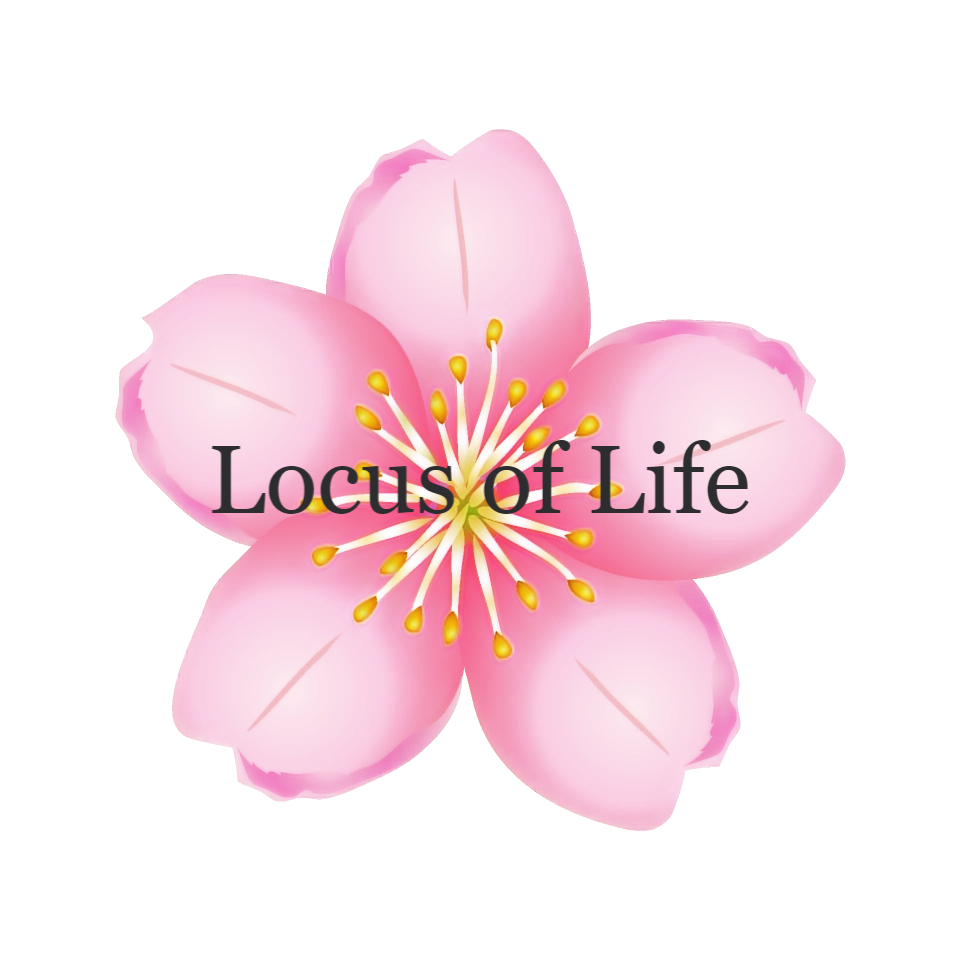"Beyond Words: The Art of Connection Across Languages and Cultures"
- Locus of Life

- Nov 29, 2024
- 3 min read
Updated: Sep 7
The Power of Language and the Importance of One’s Mother Tongue
I am a native Japanese speaker, and I conduct counselling sessions in Japanese with Japanese clients, while speaking in English with clients from other backgrounds. Navigating between these two languages has provided me with deep insights into the essence of communication and the power of attentive listening in counselling.
The Unique Power of One’s Mother Tongue
There is a special strength in speaking one’s mother tongue. When using my native language, emotions flow naturally into words, and the deepest parts of the heart are easier to express. When Japanese clients speak in Japanese, I can grasp subtle nuances and emotional layers more fully because we share the same language. Counselling in one’s mother tongue creates a safe space where clients can explore themselves more deeply, and supporting this natural self-expression is critical in the counselling process.
Counselling in a Second Language and the Power of Listening
On the other hand, counselling in English presents different challenges. English is my second language, and I cannot speak it at the same level as Japanese. However, through daily English counselling, I have learned that “perfect language skills” are not essential for effective communication. Even if my grammar is not flawless, genuinely listening to a client and making an effort to understand them is the key to building trust. In second-language counselling, focusing on the intention and feelings behind the words is far more important than the words themselves. This approach helps establish trust and provides clients with a sense of safety.
Attentive listening is the most important aspect of counselling. Listening is not simply hearing words—it involves carefully receiving the emotions, context, and underlying intentions conveyed by the client. Tone of voice, pauses, facial expressions, and gestures all provide rich non-verbal cues that reveal the client’s inner world. Moments when clients feel truly “understood” often occur when listening is performed with this depth and attentiveness.
Self-Acceptance and Cross-Cultural Communication
Through counselling, I have also learned the power of communication beyond words. Facial expressions, gestures, and timing are powerful tools to deepen connection. Even if there are minor errors in language, a sincere and heartfelt approach can create a profound connection that transcends language barriers. Building trust with clients requires more than linguistic accuracy; it requires respect and a genuine willingness to understand. True counselling occurs when hearts connect beyond language and cultural differences.
Through these experiences, I have also learned the importance of accepting my own imperfections. Things that come naturally in my mother tongue may not flow smoothly in a second language, and that is not a reason for self-criticism. Being kind to myself, accepting that “I don’t have to be perfect,” fosters empathy and supports others. This mindset of self-acceptance is essential in counselling.
Support at Locus of Life
These principles are not limited to counselling—they are relevant to anyone living abroad and communicating in a second language. The key to forming meaningful connections across cultures is not perfection but the effort to communicate and the respect we show for others.
At Locus of Life, I provide support for cultivating consistent communication habits across languages and cultures, deepening self-understanding, and practicing self-acceptance. I work closely with each client to help them live more authentically. Let’s begin the journey together—organize your emotions, nurture harmonious relationships, and create a richer, more fulfilling life.


Comments